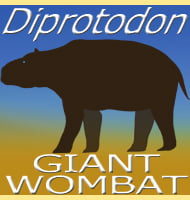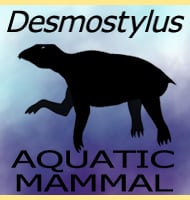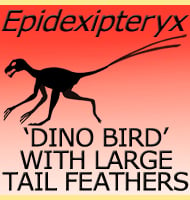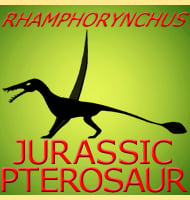In Depth
Pyroraptor acquired its name from the circumstances of its discovery. In 1992 the partially preserved remains of this dinosaur where discovered after a forest fire had swept through the area. Despite the very incomplete remains it has been possible to identify Pyroraptor as a distinct genus from the unique form of the sickle-shaped claws, features that are common to dromaeosaurid dinosaurs. Another common feature of the dromaeosaurid dinosaurs is the presence of primitive feathers on the body, something that Pyroraptor is also thought to have had despite the current lack of evidence proving it did.
From the same of region of France that Pyroraptor hails from, another dromaeosaurid named Variraptor has also been named. In the past there has been speculation that Pyroraptor may actually just be further remains of Variraptor which is also known from very incomplete remains. A 2009 study by Phomphen Chanthasit however pointed out differences in the shape of the ulnas (lower arm bones) that seems to support keeping Pyroraptor and Variraptor as separate genera.
Pyroraptor was one of the main dinosaurs featured in the 2003 Discovery Channel TV series Dinosaur Planet (not to be confused with 2011 BBC series Planet Dinosaur). The episode titled Pod’s Travels shows a speculative reconstruction where a lone Pyroraptor named Pod gets stranded upon a small island after a Tsunami, where he comes into contact with much smaller dwarf forms of the dinosaurs that he knew from the mainland including Magyarosaurus and Tarascosaurus.
Further Reading
Further reading- A new genus of Dromaeosauridae (Dinosauria, Theropoda) from the Upper Cretaceous of France. – Journal of Vertebrate Paleontology 20(2):404-407. – R. Allain & P. Taquet – 2000.









